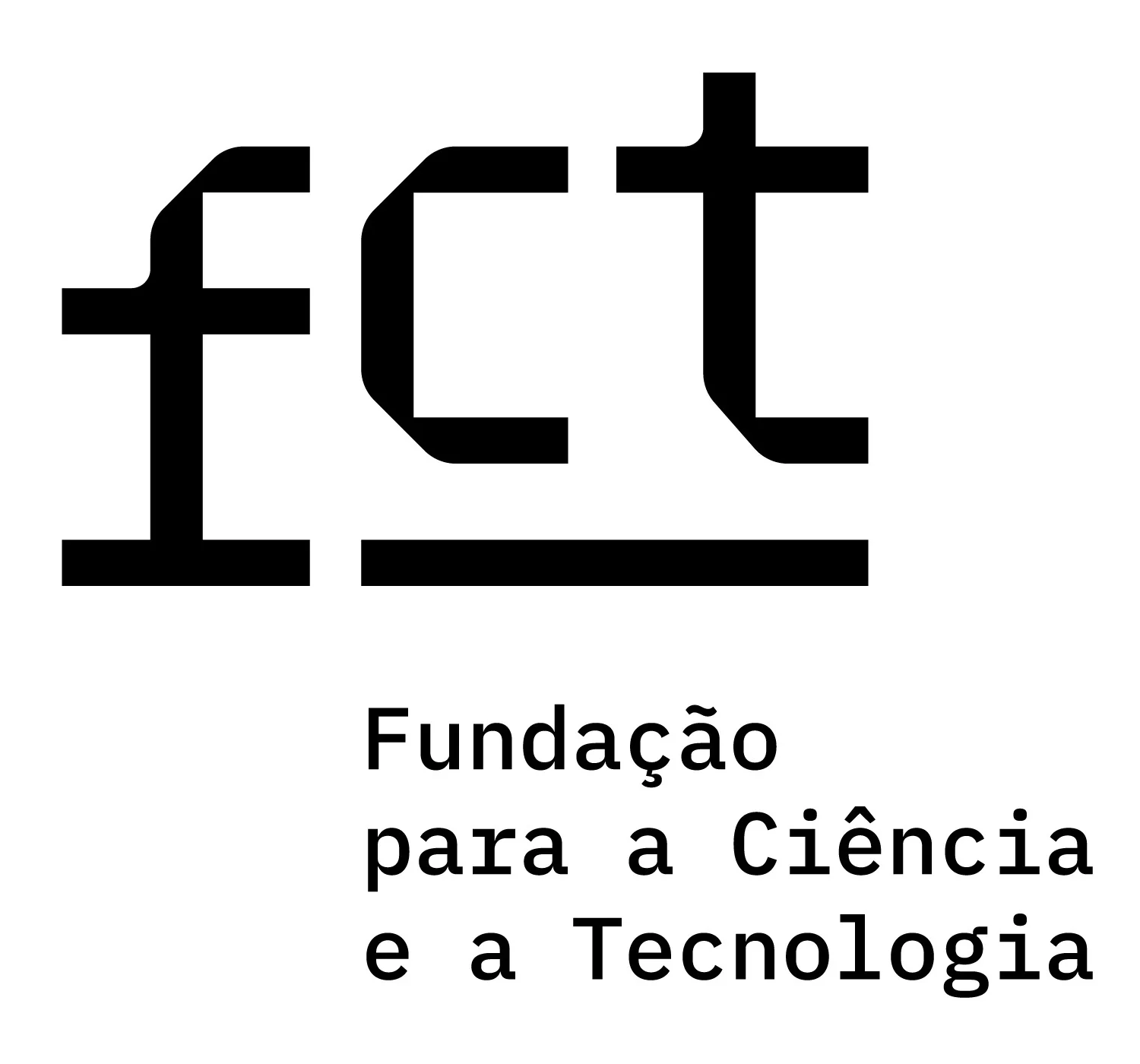Funding
Interoceptively Expecting
Can Enhanced Interoception During Pregnancy and Early Parenthood Predict Infant-Caregiver Bonding and Interaction?

Project Reference
2022.01784.PTDC
Start / End
12/03/2023 (18 months)
Status
Active
Funding Programme
FCT
Funding (Total)
49 982,91 €
Heilab Funding
49 982,91 €
Leading Partner
Carlos Campos (HEI-Lab)
Consortium
U Lusófona (COFAC)
Abstract
Parent-infant bonding and interaction widely rely on the ability of caregivers to balance perceived changes in their own bodily states and the information stemming from their infant, allowing for adaptive caregiving responses and successful caregiver-infant interaction. This ability to perceive and subjectively experience our body’s internal states is called interoception and several authors have argued for its putative role during pregnancy and parenthood. A major argument for its implication in parenthood stems from evidence that interoceptive processing overlaps neural substrates of the human parental caregiving network - a set of regions that largely activate when mothers and fathers (vs. non-parents) observe infant cues. A key hub within this network is the anterior insula, also widely implicated in interoception.
The Interoceptively Expecting project will explore how pregnancy and parenthood modulate interoception-related abilities and their contributing role for parent-infant outcomes in the first months of life. It will increase our understanding of positive early parenting experiences and responsive caregiving, ultimately proving valuable insights not only about parent-infant outcomes but also about parental mental health and child development.





